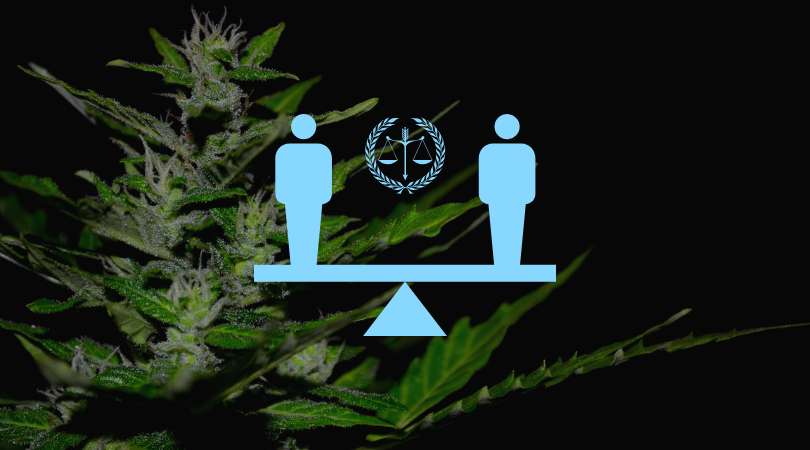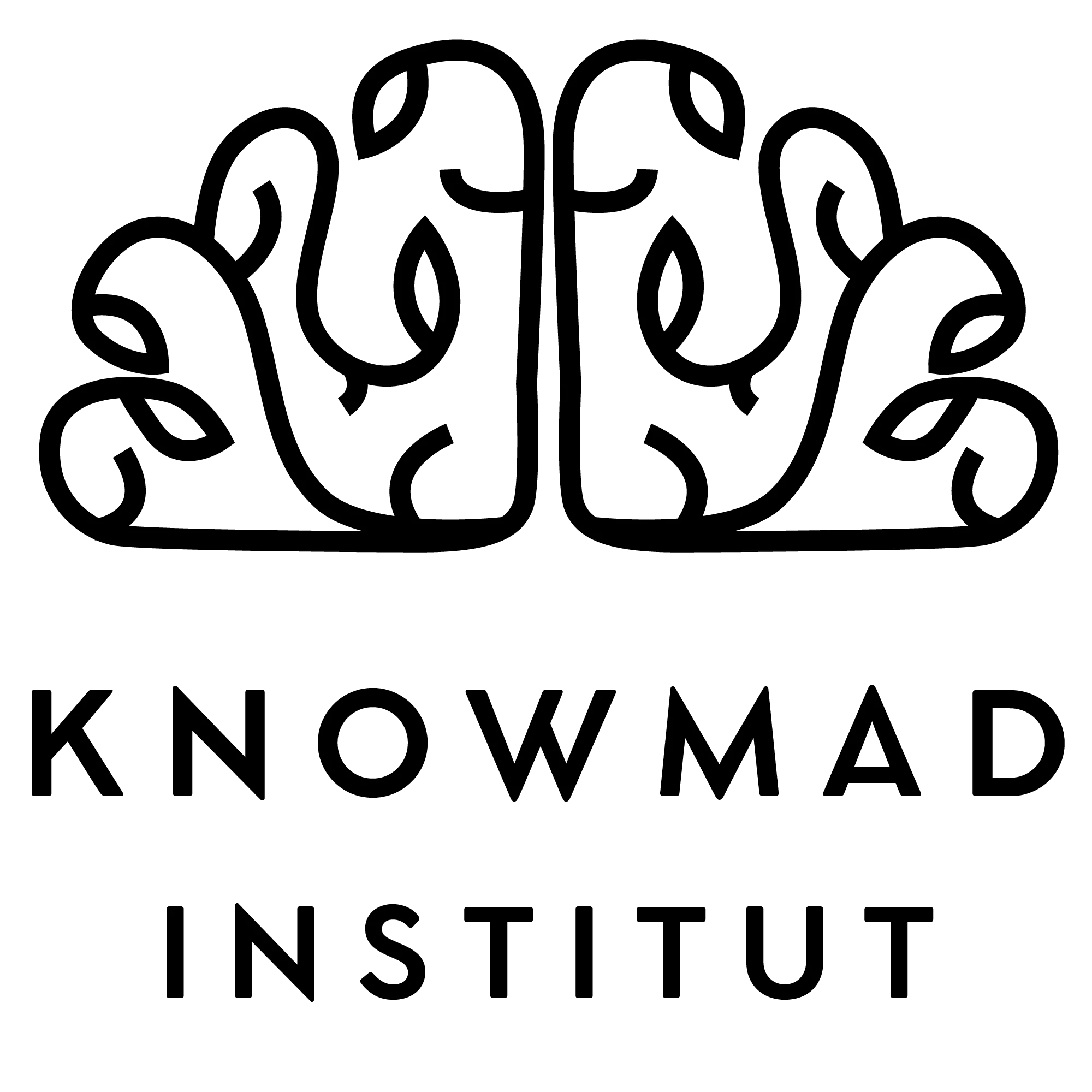
Constitutional Challenges to the Drug Law. A Case Study
As the U.S. Constitution established a system of law built on first principles, much of the focus will be on the qualitative difference that separates principled from unprincipled reasoning. As shall be seen, we are dealing with two different legal paradigms, one superior to the other, and nowhere is this better exposed than in challenges to the drug law. While unprincipled reasoning is quickly revealed to be the result of confused analysis and incomplete understanding—that is, as not being supported by any valid foundation at all— principled reasoning has as its defining trait that it is always harmonious with reason, leading back to first principles.











